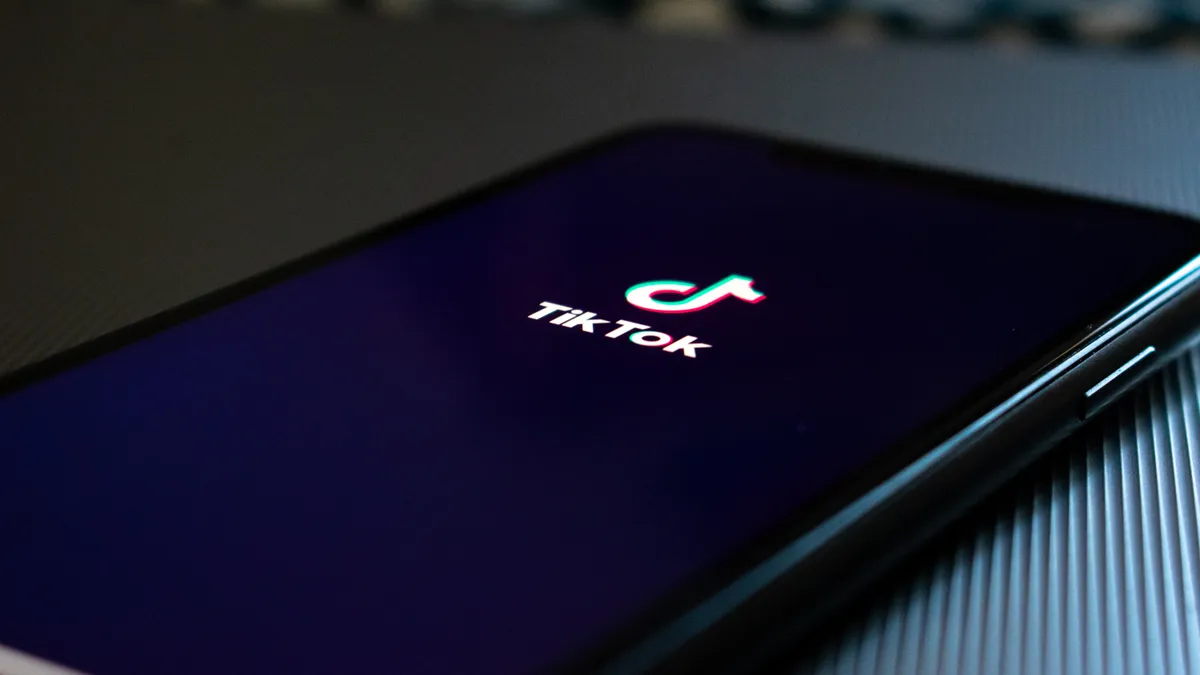Brief:
- TikTok partnered with OpenSlate, the provider of content ratings for digital platforms, to offer a third-party verified brand safety solution to advertisers. The social video app will use OpenSlate's ratings to ensure and confirm that ads appear in a brand-safe setting, according to a company announcement.
- OpenSlate continually measures and scores more than 750 million videos that appear on platforms such as Facebook, YouTube and TikTok. Brands use OpenSlate's analysis to evaluate content quality, safety, suitability and subject matter before making decisions about ad placements. OpenSlate's content ratings are available in 50 markets worldwide.
- The partnership with OpenSlate is TikTok's latest effort to make itself appealing to mobile marketers and consumers as it faces uncertainty in the U.S. amid threats of a ban from the Trump administration.
Insight:
TikTok partnering with OpenSlate on brand safety solutions aims to give mobile marketers greater peace of mind that their campaigns won't be marred by appearing around objectionable content.
Because platforms like Facebook, YouTube and TikTok mostly rely on user-generated content to drive engagement, they're in a continual battle to stop the spread of pornography, hate speech and potentially harmful misinformation that marketers don't want associated with their brands. As more marketers consider whether to run campaigns on TikTok, they'll want greater reassurances of brand safety.
Hateful online content has become a particular concern for major advertisers like Procter & Gamble, whose brands include Tide detergent, Crest toothpaste and Gillette razors. During a virtual conference hosted by the Association of National Advertisers last month, P&G Chief Brand Officer Marc Pritchard lamented the problem of online hate speech, saying, "social media is about 5% of P&G's marketing spending and 150% of our problems … we are tired of wasting time monitoring content." Pritchard demanded that social media platforms do a better job at content moderation.
TikTok has stepped up its efforts to eliminate hate speech from its platform. In August, the company announced it had removed more than 380,000 videos in the U.S. this year for violating its policies on hate speech. It also banned more than 1,300 accounts for hateful content and removed more than 64,000 hateful comments. The app also recently created a "safety advisory council" for Asian Pacific countries to advise management about content moderation, The Drum reported.
TikTok's moves may help the platform avoid advertiser boycotts that have bogged down rivals. Advocacy groups, including the Anti-Defamation League and the NAACP, launched a campaign over the summer called "Stop Hate for Profit" that urged companies to suspend their advertising on Facebook in protest of the social network's policies on hate speech. Target, Mars and Volkswagen were among the dozens of advertisers that joined the boycott, while Walmart, McDonald's and Kellogg quietly paused their campaigns without officially joining the protest, a study indicated.
Facebook has since pledged to take stronger action against hate speech. Google's YouTube has also made bigger moves to curb objectionable content after companies, including P&G, boycotted the platform several years ago.
TikTok's efforts to make its platform safer for brands may help to address advertiser worries, but the app still faces the possibility of being banned in the U.S. over national security concerns stemming from its roots in China. If TikTok doesn't reach a deal to sell its U.S. operations to Oracle and Walmart by Nov. 12, the Trump administration plans enforce a ban.














